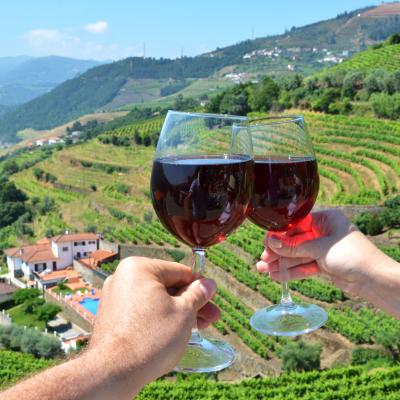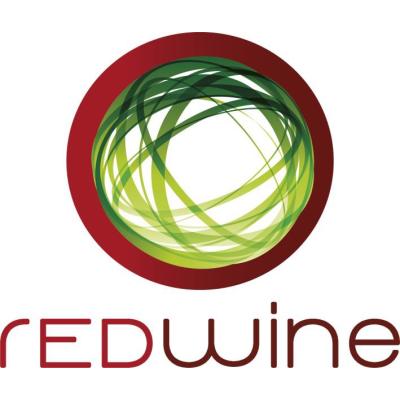Economic, cultural motives
Winegrowers across Europe face twin squeezes from extreme weather caused by climate change and from heightened overseas competition. In Portugal, side income for the wine industry would also have cultural significance.
‘It’s such a big part of people’s lives, so even if a vineyard isn’t big or profitable, it’s important for them to keep producing,’ said Cachão, an agronomic engineer at the Association of Wine Growers of the Municipality of Palmela.
The Portuguese drink more wine per person than anyone else in the world, according to a 2021 study. Communities in the country have a strong bond with their local vineyards going back generations.
It’s such a big part of people’s lives, so even if a vineyard isn’t big or profitable, it’s important for them to keep producing.
Miguel Cachão, REDwine project coordinator
The EU itself is the world’s top producer of wine, accounting for almost half of global wine-growing areas in 2020.
Portugal, with its renowned full-bodied Douro reds and fresh Vinho Verde whites, ranks as Europe’s fifth-biggest wine producer.
Finding an extra source of income could save wineries in Europe from closure.
Algae profits
Cachão leads a research project that received EU funding to pioneer the technique of using CO₂ to grow chlorella at wineries. Chlorella is a type of green algae whose photosynthetic qualities make it a source of food and energy. It’s also rich in antioxidants useful for the cosmetics industry.
The algae importantly locks the CO₂ in.
Miguel Cachão, REDwine project coordinator
Chlorella needs CO₂, sunlight and water to grow. It converts sunlight into chemical energy needed to make carbohydrates, proteins and other compounds.
The process could generate more than €15 million a year for a winery with annual volumes of at least 7 million litres of wine – the amount of a large European producer.
It could also cut wine producers’ greenhouse-gas emissions by at least 30%, according to the project. Called REDWine, it runs for four years until the end of April 2025 and is part of an initiative by the EU and industry called the Circular Bio-based Europe Joint Undertaking, or CBE JU.
My hope is that we can show it’s viable for wineries of all sizes – small, medium and large – to use.
Miguel Cachão, REDwine project coordinator
The first demonstration unit will be ready at the end of 2023, according to Cachão, who coordinates REDWine.
It will be built about 100 metres from a local winery. A pipe will transport CO₂ from the winery’s grape-fermentation tanks to the unit for compression. The CO₂ will then be liquefied for storage and be ready for use in growing chlorella. 'My hope is that we can show it’s viable for wineries of all sizes – small, medium and large – to use', Miguel Cachão said.
Some wineries in Europe and elsewhere already capture CO₂ and use it to protect their newly harvested grapes from oxidation, a process that can affect the final colour and aroma of wine. They also convert it into calcium carbonate to reduce the acidity of soil.
Locked-in CO₂
But with both of these processes, the CO₂ ends up back in the atmosphere, according to Cachão.
‘The algae importantly locks the CO₂ in,’ he said.
REDWine involves 12 companies and other organisations in six countries: France, Germany, Ireland, the Netherlands, Portugal and Spain.
The participating companies include Algama, a French maker of foods from algae, and Spain-based Lipotec, a specialist in active ingredients for cosmetics.

